SUMMARY
This is AI generated summarization, which may have errors. For context, always refer to the full article.
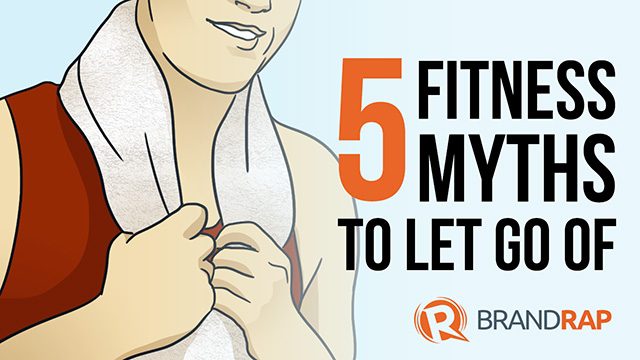
MANILA, Philippines – Planning to start your fitness journey soon, or already done with those so-called “baby steps?”
As you dive deeper into your routine or plan, you’re probably doing a lot of online research.
How do you know what’s real and what’s hearsay?
Following those “fitspo” accounts on social media and getting advice from friends can help. But how can you use these to reach your own goals?
Every body and every person is different, so what works for others may not necessarily work for you. Establish your goal, what you enjoy, and what feels right before you commit to a diet and workout. You can also experiment with different activities and diets until you find what you’ll be able to stick to long-term.
Professional services from personal trainers or nutritionists are great add-ons, but they can also be expensive. No one’s stopping you from getting fit independently! Doing it on your own may take a bit more effort, but it’s more fulfilling and worth it.
To help you out, we’ve compiled some fitness myths you’ve probably encountered. Let go of them.
“Carbs are bad for your diet.”
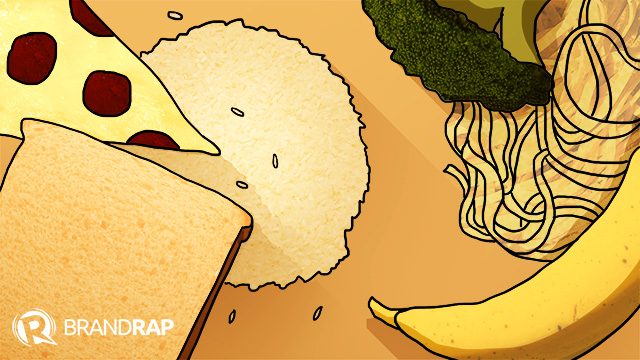
Carbohydrates – the right kind – are in fact good for you as they’re your body’s main source of energy.
It’s your fuel for your daily activities and workouts. Eating less carbs can even make you feel irritable or lethargic.
The good kind of carbohydrates can help you maintain your weight. Try adding whole wheat pasta, quinoa, steel cut oats, or brown rice to your diet. Some fruits and vegetables like bananas, broccoli, and figs are also considered carbohydrate sources.
Don’t forget to balance your diet with the other macros, protein and fat. Protein helps build muscle and makes you feel fuller. Fat helps maintain your hormonal balance and plays a role in testosterone production, which in turn helps in weight loss and muscle development.
“You can eat as much as you want after working out.”
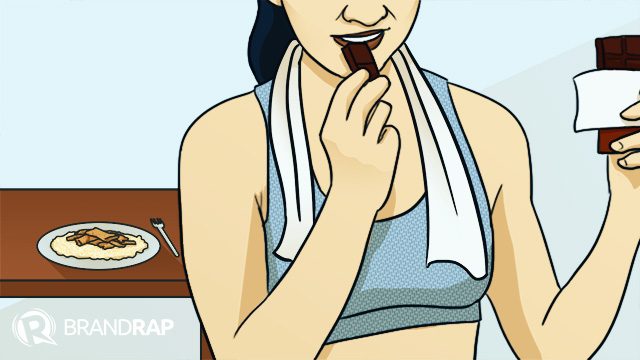
Have you ever rewarded yourself with a big juicy burger and fries or a bar of chocolate after a workout? Sometimes, sinful food even becomes a motivation to go for another rep.
But just because you finished a 45-minute high intensity workout doesn’t mean you can eat unhealthy food.
After every workout, your muscles experience tears and use up glycogen storage. You need nutrients to recover. So, yes you do need to eat after busting it in the gym, but take note of what you eat to get optimal results.
Skip the burger and go for a meal that has a balance of protein and carbs to refuel your body. You can try eating tuna, which is a good source of protein, to aid in muscle building and recovery post workout.
“Cheat meals are not good.”

Having a cheat meal makes people feel guilty – they think it will ruin all the hard work they’ve put in!
It’s natural to have cravings. That said, it’s not your cue to binge for an entire day and turn a cheat meal into a cheat day. Be in control. You can still have cheat meals once a week or every other week following the 90/10 rule – where 90% of your diet comes from healthy food and 10% comes from cheat meals.
This way, you can stick to your diet and still satisfy your cravings. Listen to your body and don’t restrict yourself too much to the point that it will make you regret your choice to get fit and healthy.
“Eating less food can help you lose weight.”
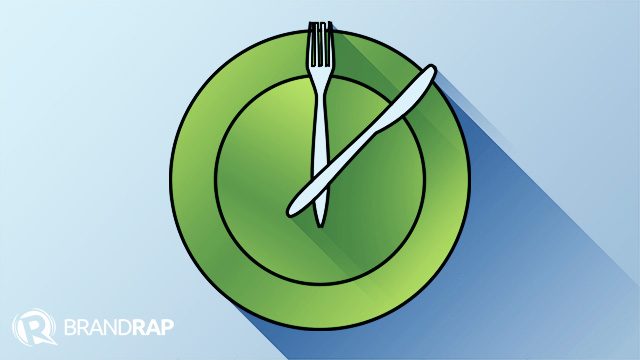
Skipping meals isn’t a good way to lose weight. You may be more tempted to go on a binge soon after, or worse, you may be depriving your body of the nutrients it needs to be able to function normally.
Your body goes into “survival mode” if not given enough nutrients. Your metabolism will slow down to conserve energy once this happens.
If you starve yourself to lose weight, your body is going to hold on to stored fat for energy and burn muscle tissue instead. The less muscle tissue you have, the less calories your body is able to burn.
If you want to manage your food intake, you can try eating smaller, frequent meals with snacks.
“It’s bad to miss a workout.”
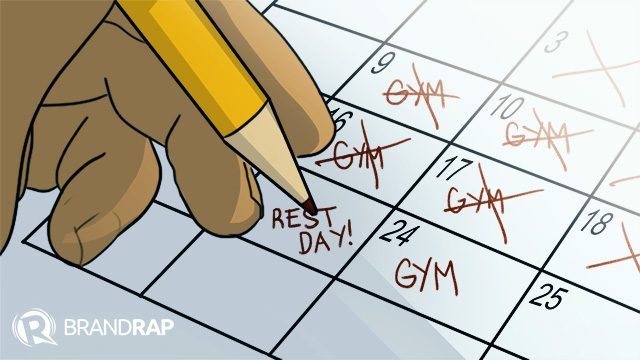
Your body needs regular rest, so don’t think that it’s a sign of you giving up or showing your weak side!
Your body needs to recover in order for you to improve your performance for every workout or training session.
Next time you need to take a rest day, remind yourself that you deserve it. You can still make it a productive day: do light stretches at home if you feel tight in certain areas or you can prep your meals for the days ahead. Or just do other things you love to do!
On the road to a healthier and more active lifestyle, remember that there will be bad days. Days when you feel like you’re not seeing results and you just don’t feel like it.
And that’s okay.
Your fitness journey doesn’t have to be perfect. Rather than compare yourself to others, make it about you and how you feel about yourself.
It’s not all about achieving the “bikini body” or having rock hard abs. The physical transformation is just an added bonus when you start to change your habits.
Don’t give in to your excuses. Commit to doing whatever it takes for a better version of you. – Rappler.com
There are #NoExcuses if you want to have a healthier life. Are you ready to commit?
Add a comment
How does this make you feel?

There are no comments yet. Add your comment to start the conversation.